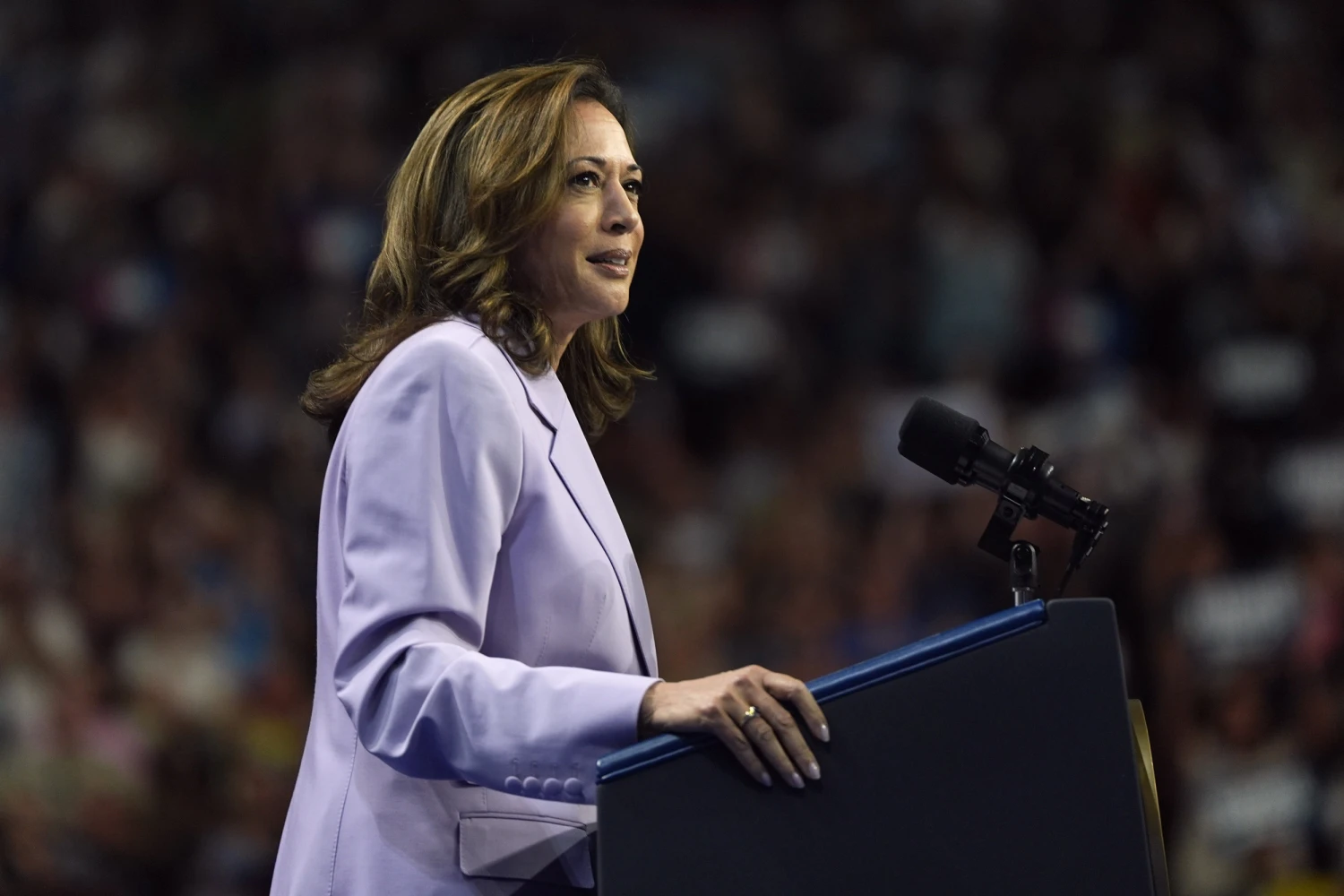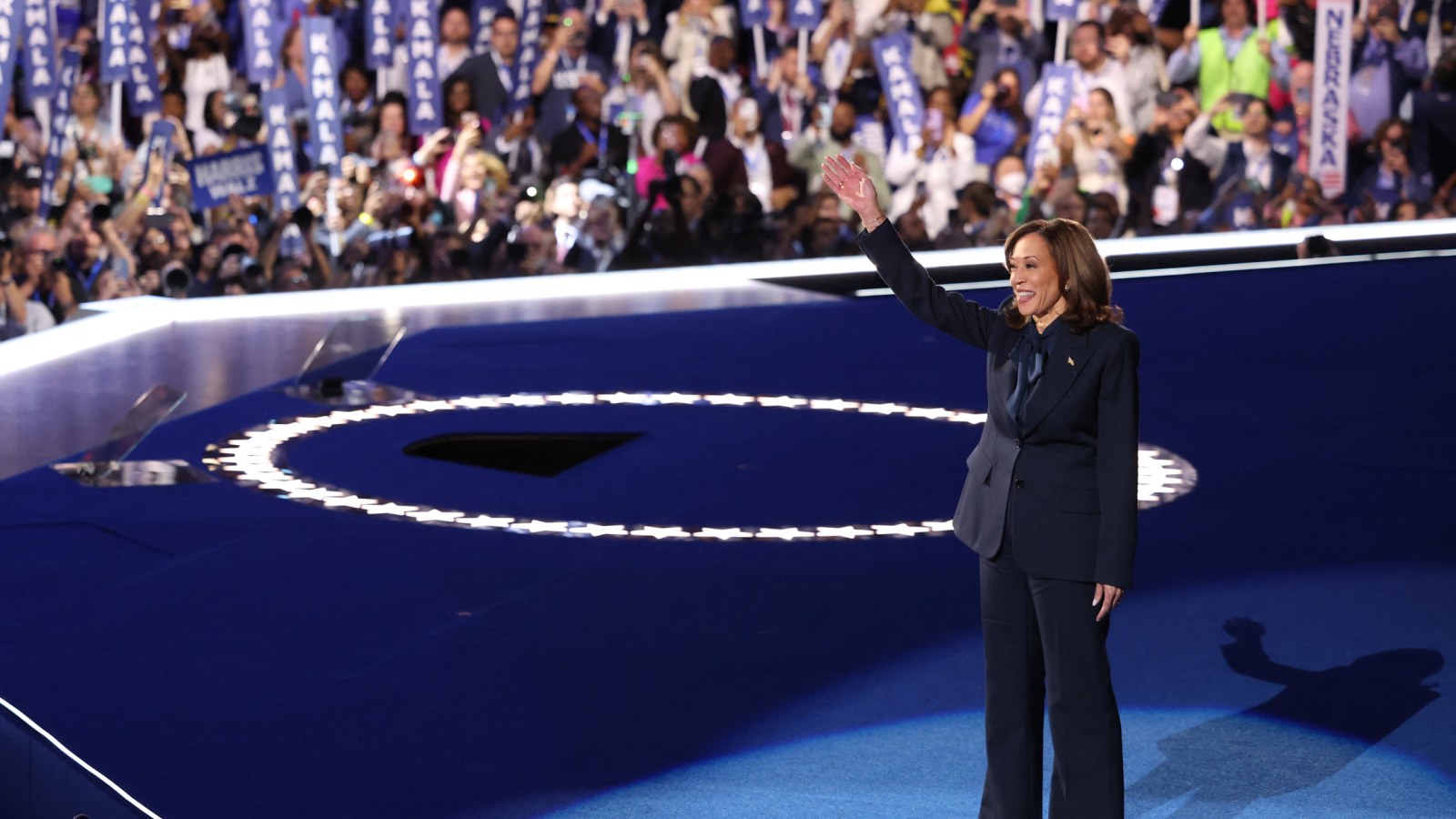Kamala Harris’s presidential campaign is characterized by high energy and excitement, driven by both historical ambition and a determined refusal among Democratic female voters to accept another defeat. Her campaign is energized by the desire to see the first woman in the White House, a sentiment echoed by many who are still feeling the sting of the 2016 election loss.
The enthusiasm at Harris’s rallies, with women and supporters shouting “We’re not going back!” and participating in lively events, highlights the deep-seated desire for change and progress. The Democratic National Convention in Chicago was a focal point for this optimism, with attendees seeing Harris’s candidacy as a chance to achieve what was missed eight years ago.
The resignation of President Joe Biden from the race and Harris’s subsequent ascension to the top of the Democratic ticket has reinvigorated hope among many. The change in mood from dread to hope is evident in the experiences of individuals like Lisa Hansen, who shifted from a feeling of despair to renewed optimism.
Lori Goldman and others from the Fems for Dems group, who previously worked to elect Hillary Clinton, now view Harris’s candidacy as a crucial opportunity not to be missed. For them, the stakes are high, and the election represents a critical moment to achieve a milestone they have long awaited.

Kamala Harris’s Campaign Brings High Energy and Hope for Change Amidst Historical Ambitions and Policy Debates
Despite the strong support for Harris among many Democrats, some Republicans remain skeptical of her readiness to lead. Figures like Lisa Watts express concerns about Harris’s qualifications, while others in the GOP view the potential of a female president differently, focusing more on policy differences than historical significance.
On the Republican side, Nikki Haley’s earlier campaign also aimed at breaking barriers but faced challenges from within her party. As Trump continues to campaign, his potential return to the White House while facing legal issues has become a significant point of contention.
For many voters, particularly women, this election feels like a chance to correct past mistakes. The overturning of Roe v. Wade and other policy shifts under Trump have heightened the urgency of this election, making Harris’s candidacy a symbol of potential change and progress.
Harris’s campaign strategy does not heavily emphasize her historic candidacy, but instead focuses on her policies and vision for the country. This approach reflects a broader sentiment that her candidacy is both a significant milestone and a practical choice for addressing current issues.
Protests and calls for policy changes, such as those seen outside the Democratic convention, show the broader context of Harris’s campaign. Some, like Fedaa Ballouta, are eager to see Harris address issues beyond domestic policies, including international concerns like the Israel-Hamas conflict.
The defeat of Clinton in 2016 set the stage for the current moment, and many of those who were disappointed by that outcome are now eagerly supporting Harris. Figures like Angie Gialloreto, who has long been involved in Democratic conventions, represent the enduring hope for breaking new ground in American politics.
Harris’s campaign blends a historic goal with a sense of urgency. Many Democrats see her run as a vital step forward, but the campaign also has to deal with the complicated realities of American politics and public opinion.

